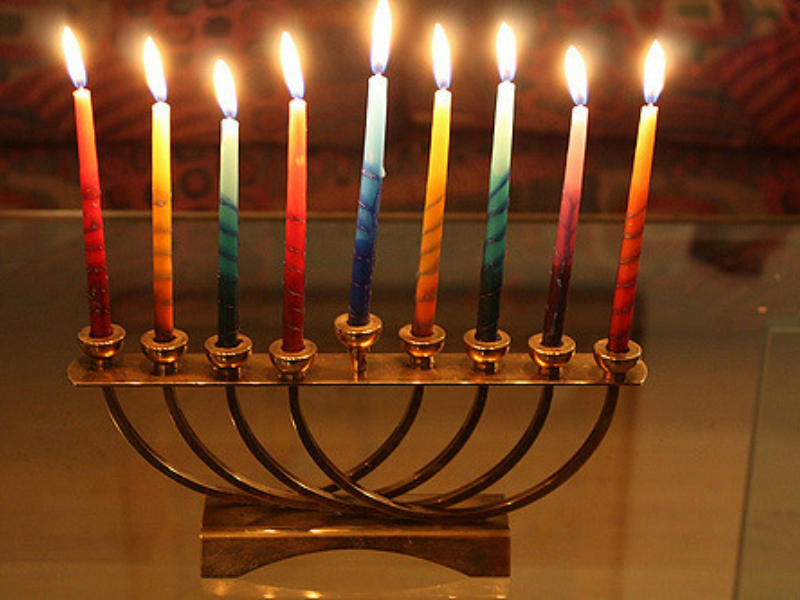The story of Tamar and Judah depicts a beautiful woman who was misjudged as weak, naive and powerless. Tamar does not see herself that way, and when she understands that her father-in-law is taking advantage of her, she asserts her power and devises a plan that allows her to gain Judah’s respect and achieve her goal of becoming a mother. Remarkably, this act of courage and vulnerability leads to Tamar being an ancestor of King David.
When Tamar learns that Judah is “going up to Timnah to shear his sheep” (Gen. 38:13), she puts her plan into action. Rashi explains that the verse says “going up” because the town was built on the slope of a mountain and, in order to get there, one needed to walk down from a higher point or climb up from a lower place. Tamar was at a crossroad in her life and she decided to go up as well and assume power.
The Lubavitcher Rebbe explained that Timnah is a model for human and spiritual growth. Just as one either ascends or descends to Timnah, “the same is true of the journey of life. There are no two parallel points on the slope of human development, where every step is either a step up or a step down from its predecessor.”
The Rebbe saw a parallel to Hanukkah candles, explaining that we add one candle each night because lighting the same amount would be considered a step back spiritually. “For in the diagonal trajectory of life, our every deed and endeavour either elevates or lowers us in relation to our prior station.”
While I pray that no one never endures the kind of challenges that Tamar did, I hope that Tamar’s story and the light of the Hanukkah candles inspire all children to be resilient and always strive for justice.
